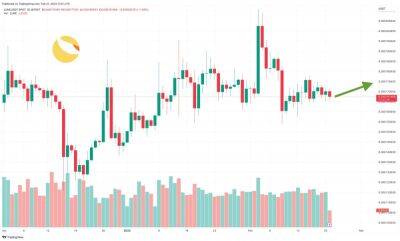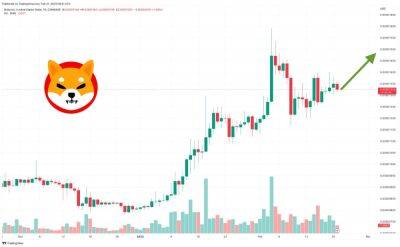Multichain DEXs are on the rise with new protocols enabling them
Decentralized exchanges (DEXs) have become increasingly popular in recent years due to their ability to offer users a high degree of control over their assets and a more secure trading environment than centralized exchanges.
However, one major limitation of DEXs is their inability to support cross-chain and margin trading. There are multiple decentralized exchange protocols that aim to overcome this limitation by enabling DEXs to support cross-chain trading, margin trading and other features.
Injective Protocol is a decentralized exchange protocol built on Cosmos, a decentralized and interoperable blockchain ecosystem. Injective Protocol enables DEXs to support cross-chain trading and margin trading, allowing users to trade assets from different blockchain networks in a single platform.
AliumSwap is a decentralized exchange that supports multiple blockchain networks. In addition, it has a feature called Hybrid Liquidity that aims to simplify the trading process by consolidating it into one platform.
One of the key challenges in enabling cross-chain trading on a DEX is the need to reconcile the different ledgers and order books of the various blockchain networks involved. Injective Protocol addresses this challenge by using what it calls “relayers.”
Relayers are decentralized nodes responsible for facilitating the trade of assets across different chains. They act as intermediaries, holding assets in escrow and facilitating the exchange of assets between traders.
When a user wants to trade an asset from one blockchain network for an asset on another network, they can place an order on a DEX that runs on Injective Protocol. The relayer will then take the user's order and send it to the appropriate blockchain network, which
Read more on cointelegraph.com













![Burnished TRX [TRON] looks set to scale to new heights- Here’s why - ambcrypto.com](https://gocryptonft.com/storage/thumbs_400/img/2023/2/20/89054_tp1.jpg)







